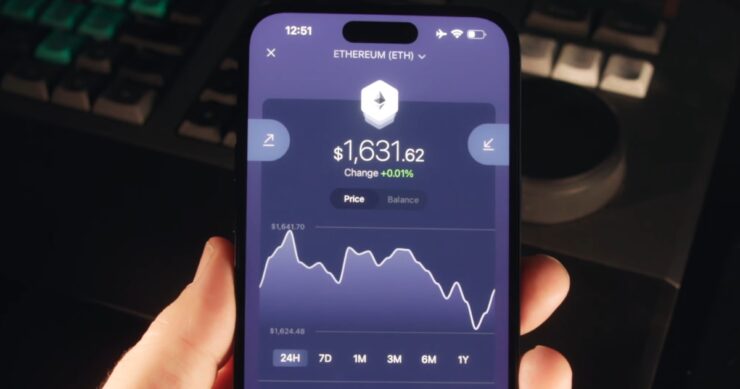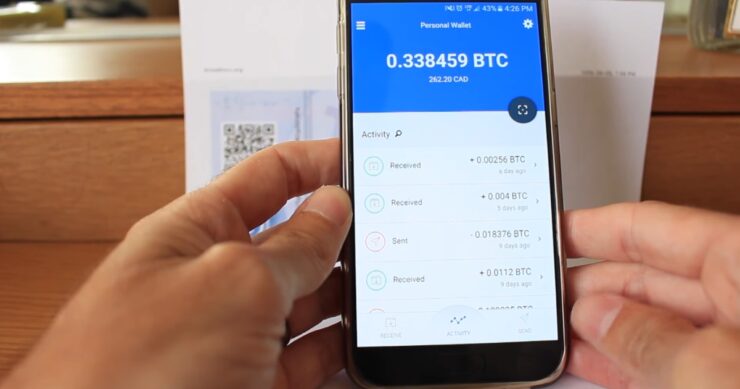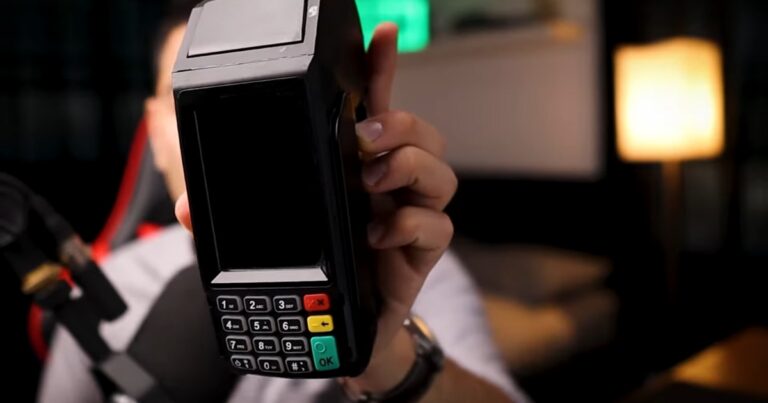Crypto mass payments, the process of transferring digital currency to multiple recipients at once, are gaining traction in various sectors such as business payroll, affiliate programs, and customer rewards. This innovative method offers efficiency and speed but comes with inherent risks due to the decentralized and irreversible nature of blockchain transactions.
Ensuring the safety of these transactions is paramount. This guide provides comprehensive safety measures, blending expertise and practical advice, to secure every crypto transaction, making complex information easily digestible for all readers.
Use Trusted Wallets
In the realm of cryptocurrency, the importance of using reputable wallets cannot be overstated. Trusted wallets provide enhanced security features, user-friendly interfaces, and reliable customer support, essential for handling mass payments.
Notable examples include Coinbase Wallet, Exodus, and Ledger Nano, each offering unique advantages in terms of security, ease of use, and compatibility with various cryptocurrencies.
These wallets have been rigorously tested and have a proven track record in securely managing large-scale transactions, making them ideal choices for businesses and individuals engaging in crypto mass payments.
Secure Your Private Keys

The security of private keys is the bedrock of cryptocurrency safety. These keys are akin to the most secure passwords, granting complete access to your crypto assets. It is crucial to safeguard them meticulously. Never disclose your private keys and opt for secure storage solutions like hardware wallets or encrypted drives.
Storing them offline, in a secure physical location like a safe, protects against online theft. Additionally, regularly updating and securely managing these keys, possibly using a password manager or a handwritten note in a safe, is a fundamental practice in maintaining the integrity of your crypto assets.
Beware of Phishing Scams
Phishing scams in the crypto world are sophisticated and deceptive, designed to steal sensitive information such as private keys or trick individuals into making unauthorized transactions. These scams can manifest through emails, fake websites, or social media messages, often mimicking legitimate sources.
To safeguard against phishing, it is crucial to be vigilant. Always verify the authenticity of communication, especially when it requests sensitive information. Use bookmarked URLs for wallet and exchange sites, and never click on suspicious links.
Educating oneself about the latest phishing tactics and maintaining a healthy skepticism about unsolicited crypto-related communication can significantly reduce the risk of falling victim to these scams. Because of these scams, it is important to work only with trusted payment and transaction companies such as Cryptomus.
Double-Check Addresses
The importance of verifying recipient addresses in crypto transactions cannot be understated. A single error in an address can result in irreversible loss of funds. To ensure accuracy, always double-check the recipient’s address before confirming a transaction. If possible, conduct a test transaction with a small amount first.
Additionally, consider using address book features in wallets, which allow you to save and label frequently used addresses. This practice not only prevents mistakes but also saves time in future transactions.
As we delve into the intricacies of safeguarding your digital assets, it’s crucial to remain vigilant against deceptive practices; this article sheds light on the nuances of unraveling cryptocurrency scams, complementing the broader security discourse initiated in this discussion.
Implement Two-Factor Authentication

Two-factor authentication (2FA) adds an extra layer of security to your crypto transactions. It typically involves combining something you know (like a password) with something you have (like a mobile device). Enabling 2FA on your crypto wallet and exchange accounts significantly reduces the risk of unauthorized access.
Most wallets and exchanges offer various 2FA methods, such as SMS codes, email verification, or authenticator apps. Choose the method that best suits your security needs and convenience, and make it a habit to use 2FA for all your crypto-related activities.
Stay Informed About Scams
Crypto scams are continuously evolving, becoming more sophisticated over time. Staying informed about the latest scam tactics is crucial in protecting your assets. Regularly read crypto security blogs, follow reputable crypto security experts on social media, and participate in crypto communities to stay updated.
Knowledge about common scam methods, like fake ICOs, Ponzi schemes, and fraudulent wallet apps, empowers you to recognize and avoid potential threats.
Regularly Update Software
Keeping your wallet software and related applications up-to-date is vital for security. Developers regularly release updates to patch vulnerabilities, enhance features, and improve overall security.
Neglecting software updates can leave your crypto assets vulnerable to newly discovered security threats. Regularly check for updates on your wallet, antivirus, and operating system, and ensure that they are from legitimate sources to maintain optimal security levels.
Use Strong Passwords

The strength of your passwords is a critical line of defense in securing your crypto assets. Create strong, unique passwords for each of your crypto accounts and wallets. A strong password typically includes a mix of letters, numbers, and special characters and is sufficiently long.
Avoid using easily guessable information like birthdays or common words. Consider using a password manager to securely store and manage your passwords. Regularly changing passwords and using different ones for each account significantly reduces the risk of unauthorized access.
Limit Exposure to Public Wi-Fi
Conducting crypto transactions over public Wi-Fi poses significant security risks. These networks are often unsecured, making it easy for hackers to intercept your data. Avoid using public Wi-Fi for crypto transactions.
If necessary, use a virtual private network (VPN) to encrypt your internet connection, adding a layer of security. Preferably, conduct transactions over a secure, private internet connection to minimize risk.
Backup Your Wallet
Backing up your wallet is crucial in safeguarding your crypto assets against unexpected events like hardware failure, theft, or loss. Most wallets offer simple backup options, typically involving writing down a recovery phrase or seed.
Store this backup in multiple secure locations, such as a safe deposit box or a secure home safe. Regular backups ensure that you can recover your assets in case of an emergency.
Conclusion

In conclusion, mastering the safety aspects of crypto mass payments is vital for anyone involved in cryptocurrency transactions.
By using trusted wallets, securing private keys, being vigilant against phishing scams, double-checking addresses, implementing two-factor authentication, staying informed about scams, regularly updating software, using strong passwords, limiting exposure to public Wi-Fi, and backing up your wallet, you can significantly enhance the security of your crypto transactions. Always prioritize security to safeguard your digital assets effectively.
Related Posts:
- How to Short Crypto: Expert Tips for Successful Trading
- 9 Best Books and Magazines Every Entrepreneur Needs…
- How Do Pay By Mobile Casino Sites Work? 3 Safety…
- Magic Mushroom Edibles - Benefits, Trends and Safety…
- Protect Your Little Ones: Top 7 Safety Measures for Kids
- Moving to Las Vegas: Essential Tips for a Seamless…











